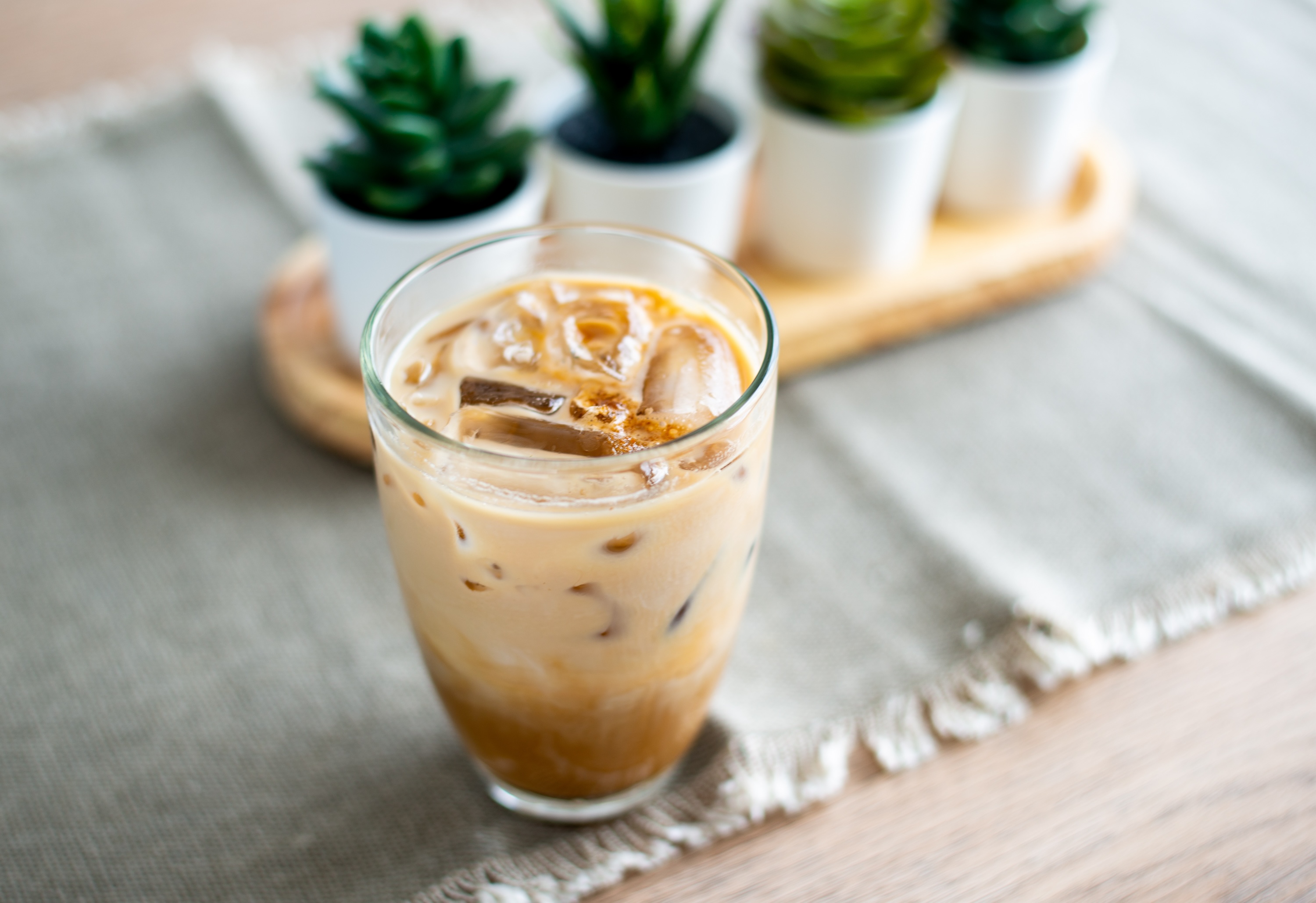
Each coffee roast is not created the same — from light roast to dark roast coffee, each roast has different acidity levels in its natural form. However, coffee is generally considered an acidic drink, with an average of 4.7 to 5.0 pH. While the acidity of coffee is not a bad thing, it is something to consider for heavy coffee drinkers or coffee drinkers who have sensitive stomachs. As such, low-acid coffee has become a popular alternative, offering delicious coffee with lower acidity. In this guide, learn more about low-acid coffee and if you should switch your daily brew.
What is low-acid coffee?

Any coffee that has a pH of higher than 5.0 is considered a low-acid coffee. In general, dark roast coffee has a lower acidity than medium or light roast coffee. The acidity level of your coffee changes its taste, which is why dark roast coffee has a smoother and less bitter taste than coffee roasted with lighter roast coffee beans. In addition, several other factors impact the acidity of your coffee as well, such as the way that the coffee was roasted and the altitude the coffee beans were grown at. For example, the roasting process of cold brew coffee yields a final product that is lower acidity than traditional drip coffee.
Benefits and limitations of low-acid coffee

If you’re grabbing coffee while on the go, such as on your Starbucks run, chances are you won’t know the acidity of the coffee you’re drinking. However, when choosing coffee to brew at home, you can opt for specific low-acid coffee brands or products added to your favorite coffee roast to neutralize its acidity. But what exactly is the point of switching to low-acid coffee?
Benefits of low-acid coffee
The main benefit of switching to low-acid coffee is for people with certain digestive conditions or who experience a sensitive stomach after drinking coffee. The high acidity of standard coffee can aggravate the gastrointestinal tract for people with conditions such as GERD, IBS, or stomach ulcers. The acidity of standard coffee can irritate the stomach lining for some people, causing uncomfortable such as heartburn or worsened acid reflux. Additionally, drinking too much acidic coffee may cause damage to the name of your teeth — leading to discoloration or even erosion of the teeth.
Drawbacks of low-acid coffee
Making the switch to low-acid coffee is great for managing digestive symptoms and supporting healthy teeth, but it does come with its own set of limitations to consider. One of the main disadvantages is that the taste of the coffee might differ by lowering the acidity, leading to a slightly “muted” taste. However, with lots of new brands on the market, there are plenty of options to find a low-acid coffee you enjoy.
Shopping for low-acid coffee

Shopping for low-acid coffee is fairly easy when you know what to look for. In general, Arabica coffee beans tend to be less acidic than coffee that contains Robusta beans. Low-acid coffee is a specialty product, which means it could be a bit difficult to track down in your local grocery store. One brand you may find in health food stores, such as Whole Foods Market, is VitaCup. VitaCup offers 100% USDA Organic, Arabica coffee available in bagged, ground coffee and single-serve K-cups to use with a Keurig machine.
If you can’t find low-acid coffee in a store near you, it is easy to find online—many brands offering high-quality low-acid coffee, such as Volcanica Coffee and Purroast Coffee. As an alternative to purchasing a specific low-acid coffee, some brands also offer coffee neutralizers. Coffee neutralizers are a flavorless coffee powder that mixes into coffee you already have and lower its acidity. This option is a great alternative if you already have a bunch of coffee on hand that you don’t want to waste.
Should you switch to low-acid coffee?

Switching to low acid coffee is ultimately a personal decision depending on your health preferences. If you don’t have an issue with digestive standard coffee, making the switch to low-acid coffee may not be necessary. However, if you find that coffee tends to irritate your stomach or if you want to boost your oral health, drinking low-acid coffee might be a great alternative to look into. Finding a brand you love allows you to enjoy a cup of coffee again without worrying about the potential side effects it could cause.



